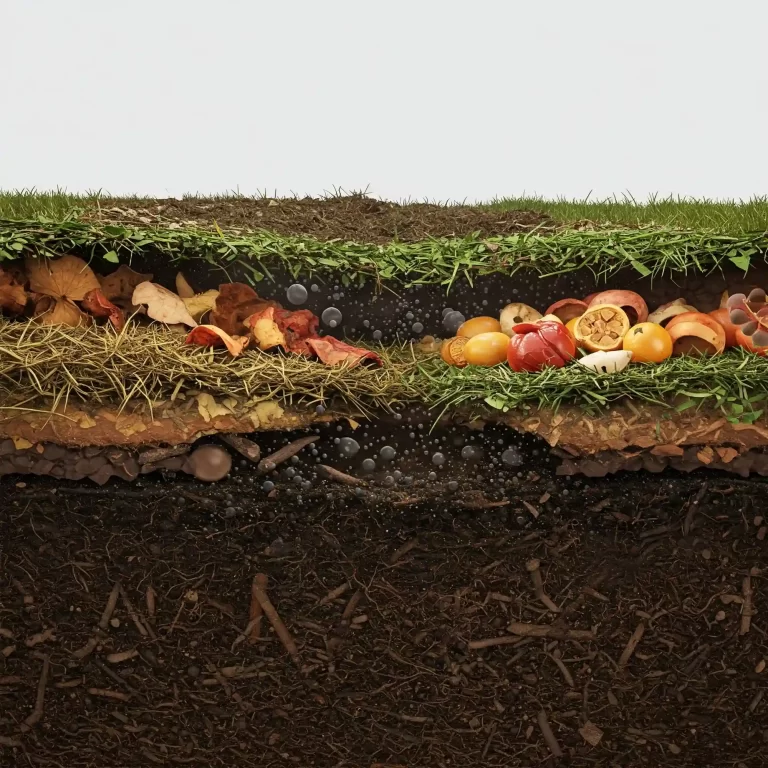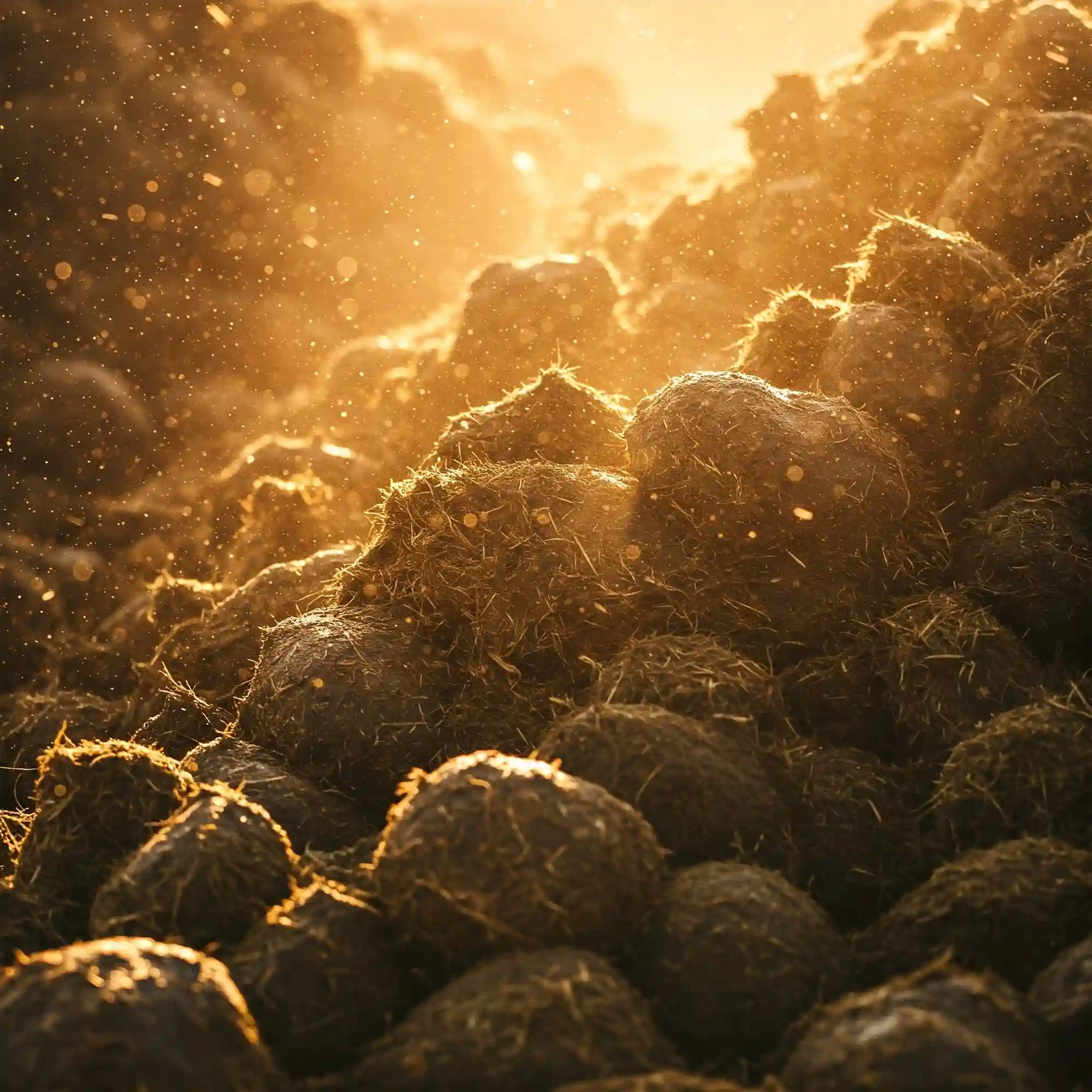Composting has been practiced for centuries as a natural way to recycle organic materials into a valuable soil amendment. In recent years, composting technology and innovation have taken this practice to new levels, making it a more efficient and accessible method of waste management.
Types of Composting Technology
- In-vessel composting: This type of composting takes place in a controlled environment, such as a sealed container or a rotating drum. In-vessel composting can be used to process a variety of organic materials, including food scraps, yard waste, and paper products.
- Windrow composting: This is the traditional method of composting, in which organic materials are piled in long rows and turned regularly to aerate the mixture. Windrow composting is typically used for large-scale composting operations, such as those at municipal waste management facilities.
- Vermicomposting: This method of composting uses worms to break down organic materials. Vermicomposting can be done in a small container or a large bin, and it is a great way to compost food scraps and other organic materials at home.
Benefits of Using Advanced Composting Technologies
- Faster decomposition: Advanced composting technologies can help to speed up the decomposition process, reducing the time it takes to turn organic materials into compost.
- Reduced odor: Controlled composting environments help to reduce odor, making composting more pleasant and less of a nuisance.
- Increased efficiency: Advanced composting technologies can help to improve the efficiency of the composting process, reducing the amount of time and energy required to produce compost.
- Improved product quality: Advanced composting technologies can help to improve the quality of the finished compost, making it more beneficial for use in gardens and landscaping.
- Reduced environmental impact: Composting helps to reduce the amount of waste that is sent to landfills, which can help to reduce greenhouse gas emissions and other environmental impacts.
Innovations in Composting Technology
In addition to the types of composting technology listed above, there are a number of innovative technologies that are being developed to make composting even more efficient and effective.
Some of these innovations include:
- Automated composting systems: These systems use sensors and other technologies to monitor and control the composting process, making it more efficient and less labor-intensive.
- Bioconversion technologies: These technologies use microorganisms or enzymes to break down organic materials more quickly and efficiently.
- Anaerobic composting: This type of composting takes place in the absence of oxygen, and it can be used to process a wider variety of organic materials, including food scraps and animal manure.
The Future of Composting
As composting technology and innovation continue to evolve, composting is expected to play an increasingly important role in waste management. Composting can help to reduce the amount of waste that is sent to landfills, save energy, and improve the quality of our soil. In the future, composting is likely to become a more common practice, both at home and at large-scale composting facilities.
Conclusion
Composting is a sustainable and environmentally friendly way to manage organic waste. Composting technology and innovation are making composting more efficient and accessible, and as a result, composting is becoming a more popular option for waste management. In the future, composting is likely to play an increasingly important role in reducing waste, saving energy, and improving the quality of our soil.

